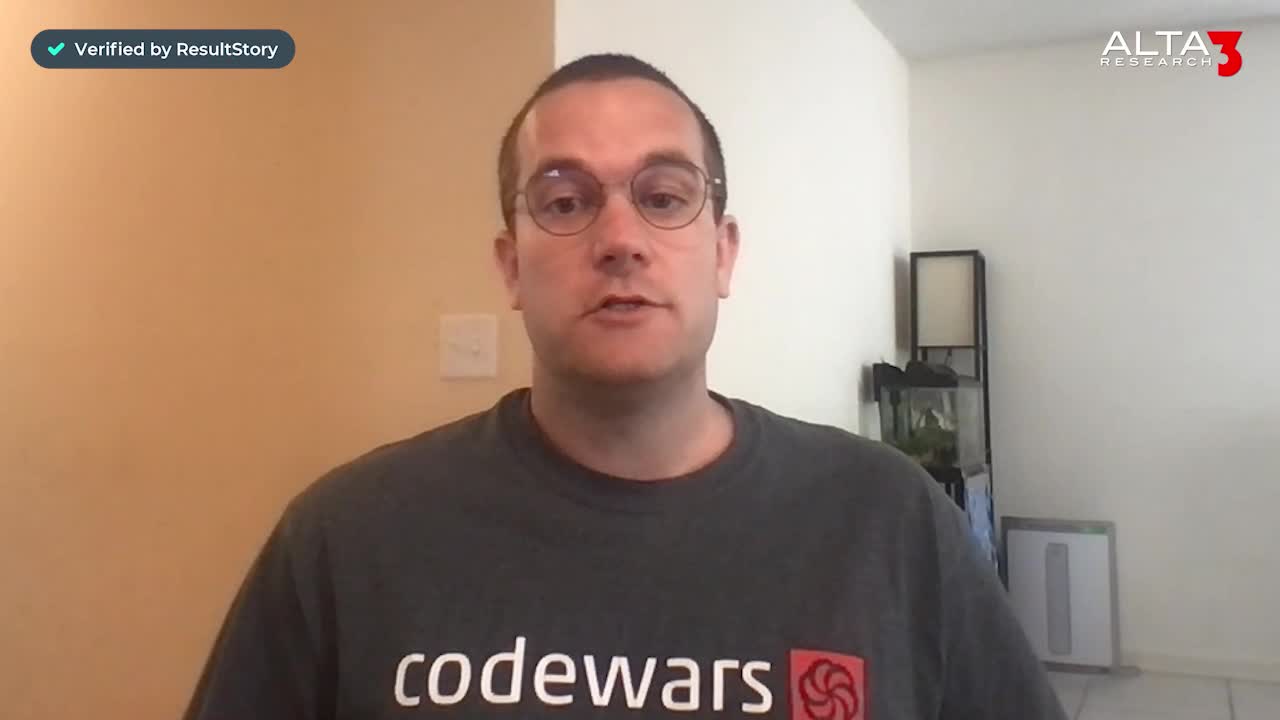Microsoft Dynamics 365 + Power Platform Solution Architect
Enhance your capabilities as a Solution Architect with our Microsoft Dynamics 365 and Power Platform course, designed to empower senior consultants and aspiring architects with skills in security, integrations, and platform architecture essential for success.

Essential Skills Gained

Design solutions that meet both current and future customer needs using Dynamics 365 and Power Platform.

Implement successful architecture strategies, addressing security, integrations, and Power Platform capabilities.

Understand the role and methodologies of a Solution Architect in guiding project success.

Adopt and deploy Dynamics 365 and Power Platform solutions effectively.
Format
- Instructor-led
- 3 days with lectures and hands-on labs.
Audience
- Senior Consultants
- Aspiring Solution Architects
- Current Solution Architects
- Technical Consultants
Description
The Solution Architect is responsible for the successful design, implementation, deployment and adoption of an overall solution. The Solution Architect ensures that the solution meets the customer’s needs now and in the future. In this course, students will learn about decisions a Solution Architect makes during an implementation, covering security, integrations, Power Apps architecture, Power Automate architecture, and more. This course is designed to give you an introduction to the Solution Architect role.
Upcoming Course Dates
No upcoming dates. Please check back later.
Course Outline
Download PDFModule 1: Becoming a Solution Architect/Getting to Know Your Customer
Define a Solution Architect
Role of a Solution Architect on projects
Project Methodology
Getting to know your customer
Group exercise - Getting to know your customer
Module 2: Conceptualizing the Design from Requirements
How to lead the requirement collection effort
Using fit gap analysis
Pillars of good architecture
Blueprinting the solution architecture
Group exercise - Design from requirements
Module 3: Project Governance and Working as a Team
Solution Architect's role in project governance
Techniques for keeping a project on track
Scenarios that could cause a project to fail
Group exercise - Project governance and working as a team
Module 4: Power Platform Architecture
Key Power Platform architecture components
Understand how platform design and limits influence solution architectures
Updates and feature releases
Understand how to communicate how the platform meets customer needs
Module 5: Data Modeling
Data model influences
Data model strategy
Data types
Data relationships
Group exercise - Data modeling
Module 6: Analytics and Artificial Intelligence
Planning and evaluating requirements
Operational reporting
Power BI
Enterprise BI
Pre-built insights and custom AI
Module 7: Power Apps Architecture
Discuss options for apps and how to choose where to start
Discuss app composition options
Using components as part of your app architecture
Considerations for including Portals as an app in your architecture
Group exercise - Power Apps Architecture topics
Module 8: Application Lifecycle Management (ALM)
Microsoft vision and Solution Architect's role in ALM
Environment strategies
Defining a solution structure for your deliverable Lab: ALM Hands-on Lab
Module 9: Power Automate Architecture
Discuss options for automation and custom logic
Review considerations for using triggers and common actions
Explore using Business Process Flows (BPF) to guide users through business processes
Group Exercise - Evaluate scenarios for Power Automate usage
Module 10: Security Modeling
Solution Architect's role in security modeling
Discovery and learning your client's environment
Controlling access to environments and resources
Controlling access to CDS Data
Group Exercise - Security Modeling
Module 11: Integration
Solution Architects role in Integrations
What is an integration and why do we need it
Platform features that enable integration
CDS Event Publishing
Scenarios for group discussion
Module 12: Dynamics 365 Applications Architecture
Solution Architect's role when deploying Dynamics 365 apps
Architecture Considerations for primary apps
Group Exercise - App specific working groups evaluate requirements
Module 13: Testing and Go Live
Solution Architect's role with testing and go live
Planning for testing
Planning for go live
Your Team has Unique Training Needs.
Your team deserves training as unique as they are.
Let us tailor the course to your needs at no extra cost.
See What Other Engineers Are Saying
Trusted by Engineers at:
and more...

Aaron Steele

Casey Pense

Chris Tsantiris

Javier Martin

Justin Gilley

Kathy Le

Kelson Smith

Oussama Azzam

Pascal Rodmacq

Randall Granier

Aaron Steele

Casey Pense

Chris Tsantiris

Javier Martin

Justin Gilley

Kathy Le

Kelson Smith

Oussama Azzam

Pascal Rodmacq

Randall Granier